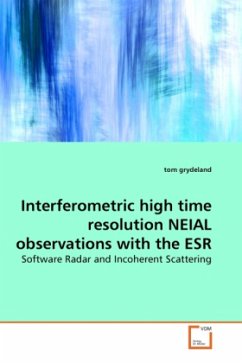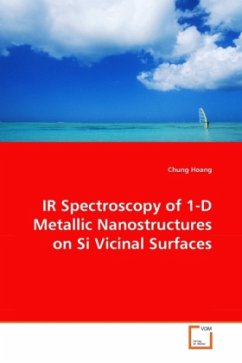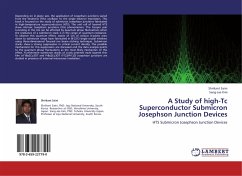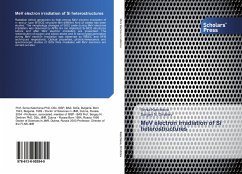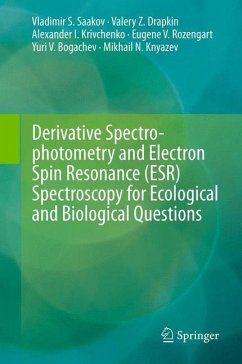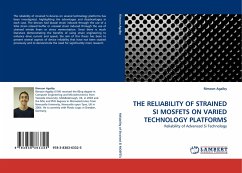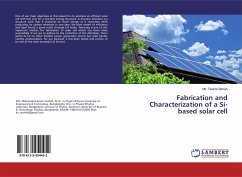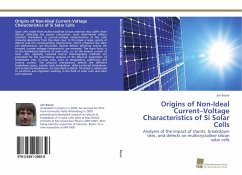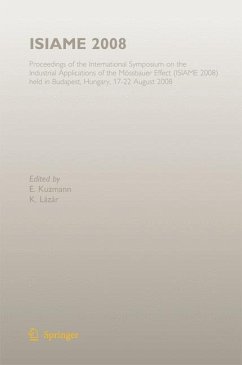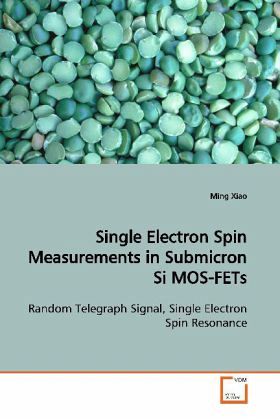
Single Electron Spin Measurements in Submicron Si MOS-FETs
Random Telegraph Signal, Single Electron Spin Resonance
Versandkostenfrei!
Versandfertig in 6-10 Tagen
39,99 €
inkl. MwSt.

PAYBACK Punkte
20 °P sammeln!
Presented is our measurements of a single electronicspin in the gate oxide of submicron-size siliconfield effect transistors. Defects near the siliconand silicon dioxide interface have profound effectson the transistor conduction properties. For asubmicron transistor, there might be only oneisolated trap state that is within a proper tunnelingdistance regarding to both the coordinate and energy.We have studied the statistics and dynamics ofindividual defects extensively by random telegraphsignal (RTS), the stochastic switching of the channelconductivity due to the trapping of single channelele...
Presented is our measurements of a single electronic
spin in the gate oxide of submicron-size silicon
field effect transistors. Defects near the silicon
and silicon dioxide interface have profound effects
on the transistor conduction properties. For a
submicron transistor, there might be only one
isolated trap state that is within a proper tunneling
distance regarding to both the coordinate and energy.
We have studied the statistics and dynamics of
individual defects extensively by random telegraph
signal (RTS), the stochastic switching of the channel
conductivity due to the trapping of single channel
electrons by the defect. We also have, for the first
time, studied the spin properties of these individual
defects. By investigating the dependence of RTS
statistics on a
plane magnetic field, we have identified spin states
of a single electron on a defect. Using microwave
radiation of frequencies ranging from 16 - 50 GHz, we
have detected magnetic resonance of a single electron
spin. The trap occupancy or channel current changes
at the electron spin resonance condition, with a
g-factor of 2.02+-0.015.
spin in the gate oxide of submicron-size silicon
field effect transistors. Defects near the silicon
and silicon dioxide interface have profound effects
on the transistor conduction properties. For a
submicron transistor, there might be only one
isolated trap state that is within a proper tunneling
distance regarding to both the coordinate and energy.
We have studied the statistics and dynamics of
individual defects extensively by random telegraph
signal (RTS), the stochastic switching of the channel
conductivity due to the trapping of single channel
electrons by the defect. We also have, for the first
time, studied the spin properties of these individual
defects. By investigating the dependence of RTS
statistics on a
plane magnetic field, we have identified spin states
of a single electron on a defect. Using microwave
radiation of frequencies ranging from 16 - 50 GHz, we
have detected magnetic resonance of a single electron
spin. The trap occupancy or channel current changes
at the electron spin resonance condition, with a
g-factor of 2.02+-0.015.




